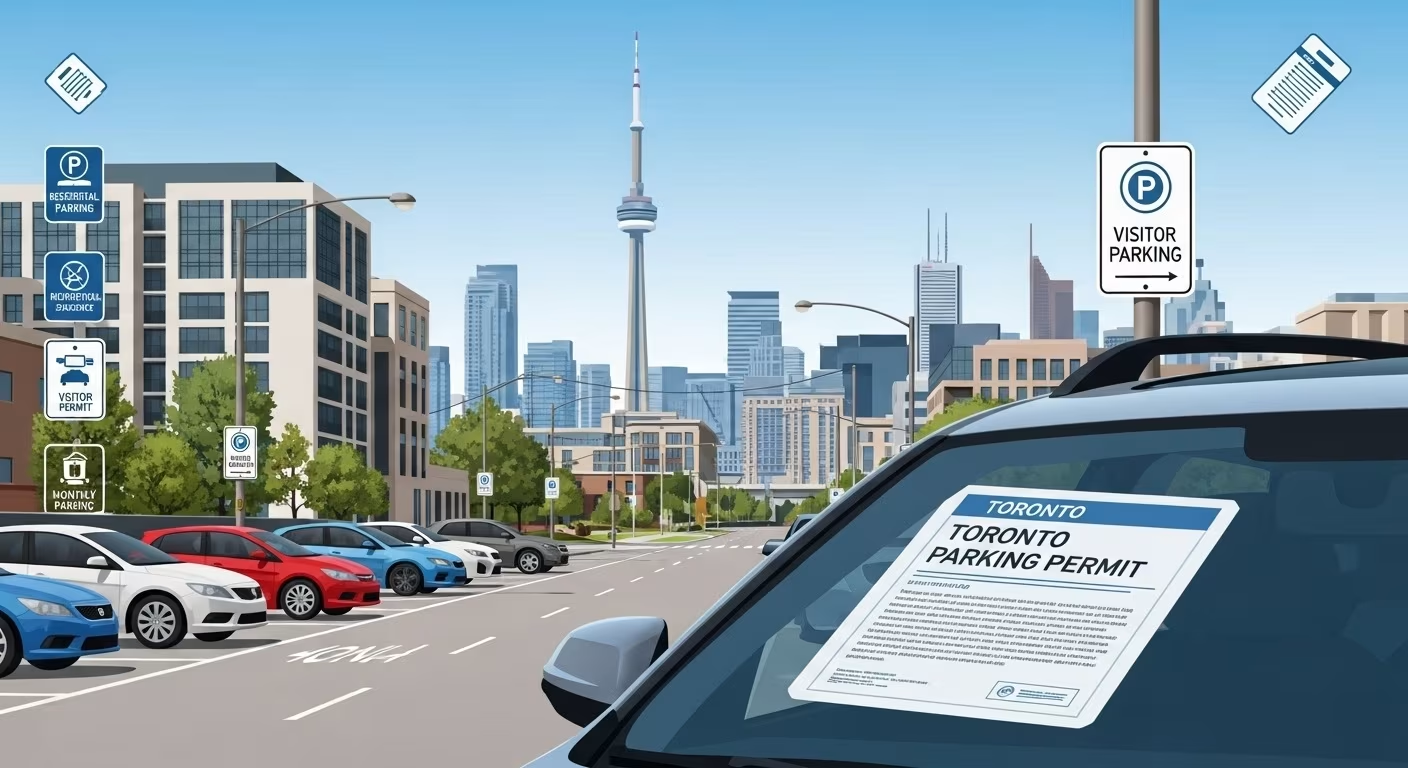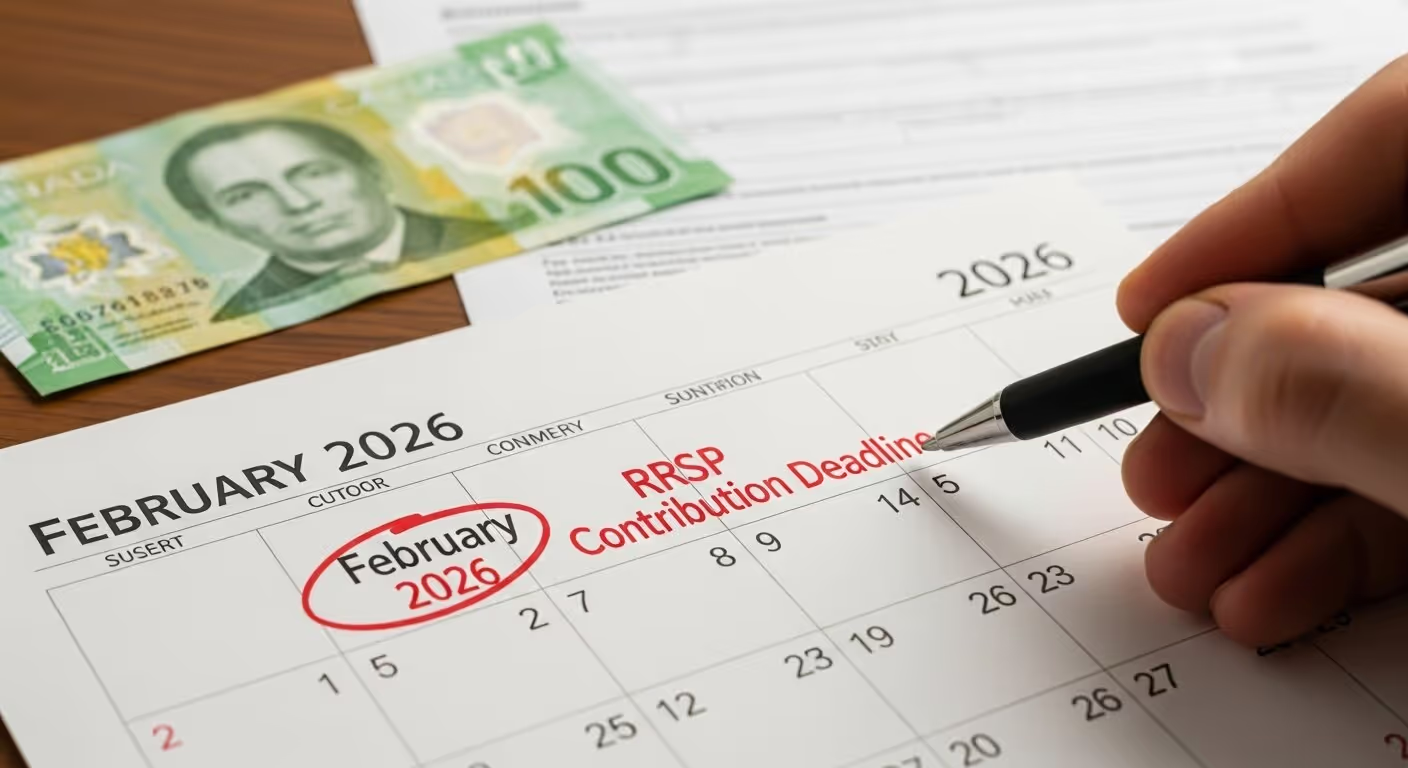Understanding Parking Permits in Toronto
Parking in a busy city can be a challenge, and Toronto is no exception. With limited street space and growing demand, the city has implemented a parking permit system to ensure fair access for residents, businesses, and visitors.
Why the City Issues Parking Permits
The main goal of parking permits is to regulate parking, reduce congestion, and make sure local residents have a fair chance to park near their homes. Without permits, high-traffic neighbourhoods could easily become overcrowded with vehicles that don’t belong to residents.
Who Needs a Parking Permit?
Anyone who regularly parks their vehicle on city streets or in designated residential areas often needs a parking permit. Tenants, homeowners, and in some cases, businesses must apply for these permits to comply with municipal regulations.
Types of Toronto Parking Permits
Toronto offers several types of permits depending on where and how a person parks their vehicle.
Residential Parking Permits
Residential permits are issued to people who live in neighbourhoods where parking is restricted. These permits allow them to park close to their homes, usually within specific zones.
Street Parking Permits
Street parking permits apply to areas where general street parking is controlled. These are commonly used in busy parts of the city where parking without a permit is limited or prohibited.
Temporary & Visitor Permits
For short-term needs, the city offers temporary and visitor permits. These are useful when guests visit or when a resident requires additional parking for a limited period.
Monthly and Commercial Parking Passes
Some areas allow for monthly or commercial parking passes, especially downtown or near business districts. These are more expensive but provide convenience for employees, companies, and residents who need reliable parking.
How to Apply for a Toronto Parking Permit
Applying for a permit is straightforward, but it requires attention to detail.
Application Process (Online & In-Person)
Residents can apply through the city’s official website using the online system, or they can visit the Toronto Parking Permit Office. The online process is usually quicker and allows applicants to upload required documents directly.
Required Documents and Eligibility
Applicants typically need proof of residency, vehicle ownership details, and in some cases, a driver’s licence. Renters may need to provide a copy of their lease agreement as well.
Permit Costs and Payment Options
The cost of permits varies based on the type and duration. Payments can usually be made online, by mail, or in person. Annual permits tend to be more cost-effective compared to monthly passes.
Renewal and Expiry of Parking Permits
Renewal Deadlines and Grace Periods
Most permits are valid for a set period, usually monthly or annually. Renewal reminders are often sent, but residents are responsible for ensuring they don’t miss deadlines.
Penalties for Expired Permits
Expired permits can result in fines, towing, or loss of permit privileges. Keeping permits up to date is essential for avoiding unnecessary expenses.
Parking Permits and Property Ownership
Parking permits often overlap with property-related expenses, especially for homeowners and landlords.
Connection Between Residential Permits and Toronto Property Tax
Homeowners often manage parking permits alongside their property tax payments. Although the two are separate, both fall under municipal responsibilities and can impact overall housing costs.
How a Real Estate Accountant Can Help Property Owners Track Expenses
A real estate accountant can help property owners properly record parking-related expenses, especially if the property is rented out. Proper accounting ensures accurate tax reporting and prevents missed deductions.
Parking Costs for Businesses and Tenants
Parking is not just a residential issue—many businesses must also manage these costs.
Monthly Permits for Commercial Use
Businesses in downtown Toronto often require monthly parking permits for employees. These can be costly but are necessary for staff convenience and business operations.
Expense Tracking with a Toronto Accountant
Working with an accountant in Toronto helps businesses manage parking costs, keep financial records organized, and plan budgets effectively. Parking expenses can be tracked as part of operational costs.
Tips for Managing Parking Expenses
Parking costs can add up quickly, so it’s important for individuals and businesses to manage them properly.
Budgeting for Residential and Business Parking
Residents should budget for annual permit renewals, while businesses need to account for multiple staff permits. Planning ahead helps avoid last-minute costs and penalties.
Including Permit Costs in Property and Business Accounts
Whether you’re a homeowner paying Toronto property tax or a tenant renting in the city, parking permits should be considered part of your regular expenses. Including them in accounts ensures financial clarity and better decision-making.
Final Thoughts on Toronto Parking Permits
Parking permits are a key part of living and working in Toronto. They provide fair access, reduce congestion, and ensure smoother traffic flow in residential and commercial areas.
Why Staying Compliant Matters
Staying compliant with parking regulations helps residents and businesses avoid fines, penalties, and unnecessary complications. It also contributes to a more organized city parking system.
When to Consult an Accountant in Toronto
Parking permits may seem minor, but over time, the costs add up. Consulting an accountant in Toronto or a real estate accountant can help property owners and businesses stay on top of these expenses while also managing related obligations like Toronto property tax. If you need professional guidance, GTA Accounting provides expert support with property-related finances, municipal tax compliance, and bookkeeping, ensuring you stay financially organised while meeting all city requirements.





.jpg)



